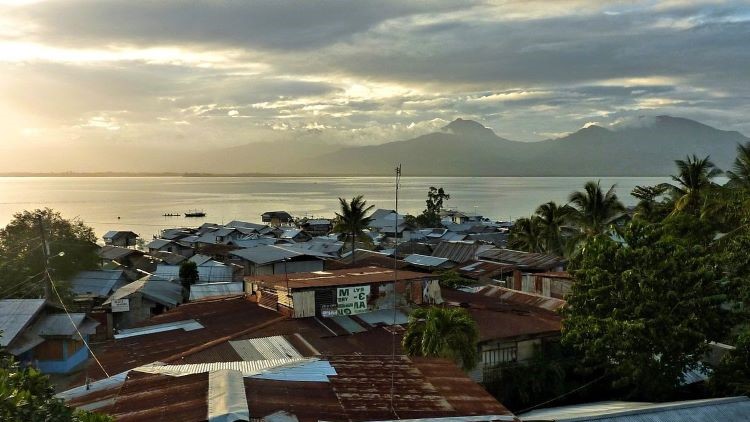Eduardo González
The Ministry of Foreign Affairs has created two new Honorary Consulates in the Philippine cities of Siargao and Puerto Princesa to address the consular needs of the Spanish resident population and the growing number of Spanish tourists visiting their areas of jurisdiction.
Currently, there are six Honorary Consulates of Spain in the Philippines, specifically in Bicol, Cebu, Davao, El Nido, Iloilo, and Zamboanga. In addition, three others are under the control of the Embassy of Spain in the Philippines as a manifestation of its accreditation to the Federated States of Micronesia, the Republic of the Marshall Islands, and the Republic of Palau: these are, respectively, the Honorary Consulates of Palikir, Majuro, and Koror.
The consular jurisdiction of Davao City has so far covered the Philippine regions of Northern Mindanao, Davao, Soccsksargen, and Karaga. In this last region is the island of Siargao, home to nearly eighty Spaniards, most of whom run businesses in the tourism and hospitality sectors. In addition to residents, an increasing number of Spanish tourists are traveling to this island. An estimated 25,000 Spaniards travel to Siargao each year, which has become an epicenter of tourism-related consular emergencies, with an average of six per month.
In addition, the consular jurisdiction of the Honorary Consulate in El Nido has so far covered the Mimaropa region, which includes the provinces of Mindoro, Marinduque, Romblon, and Palawan. This last province includes the city of Puerto Princesa, its capital, and Port Barton, where more than sixty Spaniards reside, twenty of whom are registered in the Consular Registry.
In addition to residents, an increasing number of Spanish tourists are traveling to these cities, with an estimated annual average of 20,000, many of them residents of other regions of the Philippines. The western part of Palawan has become the second most important area on the island in terms of tourism, its economy is thriving, and it is home to the province’s main airport.
Despite this, transportation from El Nido remains difficult. It is estimated that traveling just under 300 kilometers by road takes around five hours. This makes it difficult to serve the Spanish residents and manage consular emergencies.
For all these reasons, and in compliance with the orders signed on May 26 by the Minister of Foreign Affairs, José Manuel Albares, and published this past Saturday in the Official State Gazette (BOE), the consular jurisdiction of the Honorary Consulates of Spain in Davao and El Nido is being modified, and Honorary Consulates are being created in Siargao and Puerto Princesa to facilitate, in both cases, the handling of urgent cases of consular protection and assistance, and the processing of procedures related to the Civil Registry and the Consular Registration for the resident Spanish community.
According to the Ministry of Foreign Affairs, the creation of the two Honorary Consulates will not entail any increase in personnel costs, as their operations will be supported by the material and personnel resources currently available to the Ministry of Foreign Affairs. Both Honorary Consulates will report to the Consulate General of Spain in Manila.
